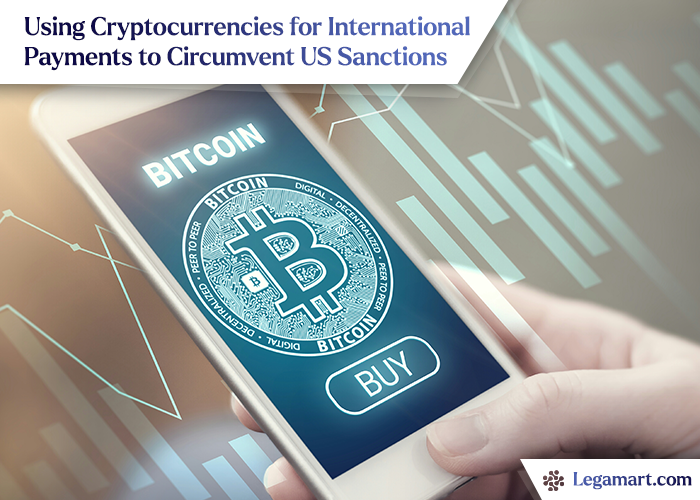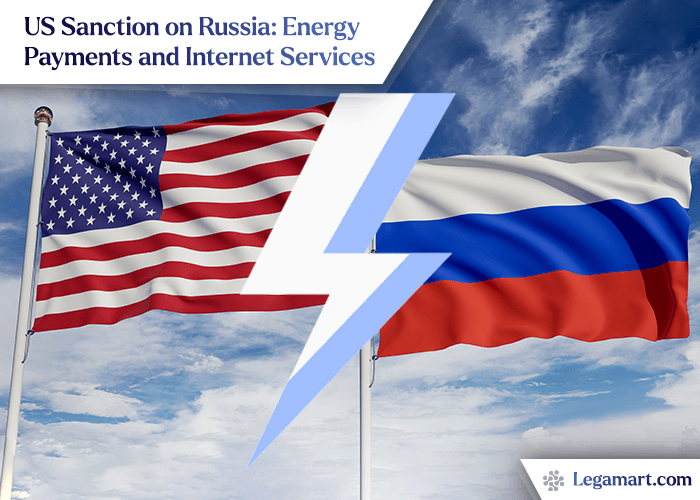Russia
We represent clients from all around the world in Russia every year. We see the globe as having no borders and are unafraid of language hurdles or time zones.
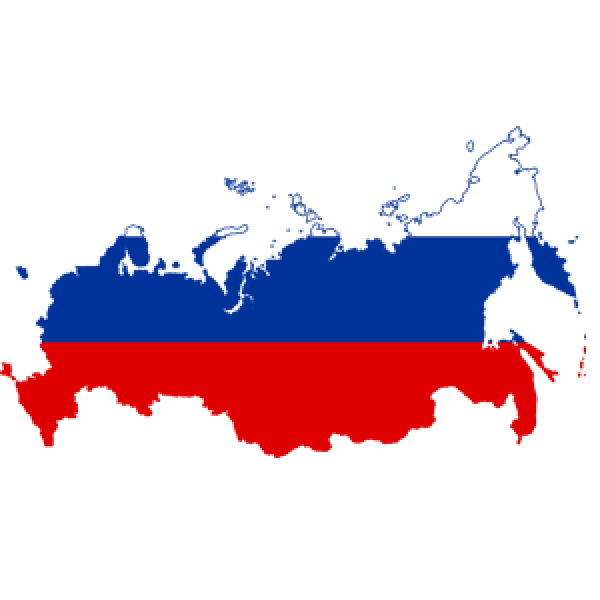
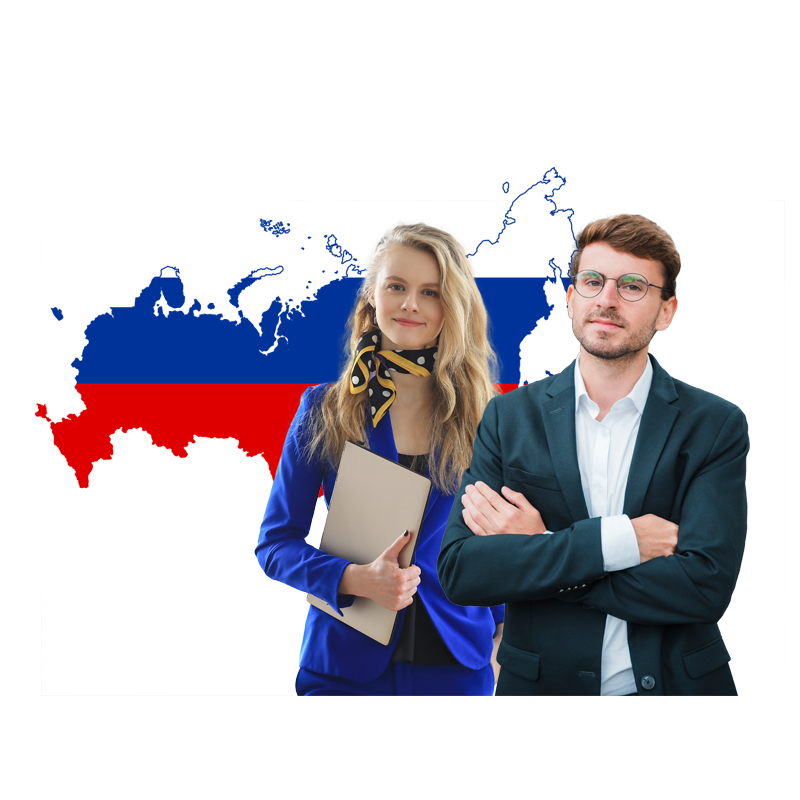
LegaMart Lawyers in Russia
Legal Industry in Russia
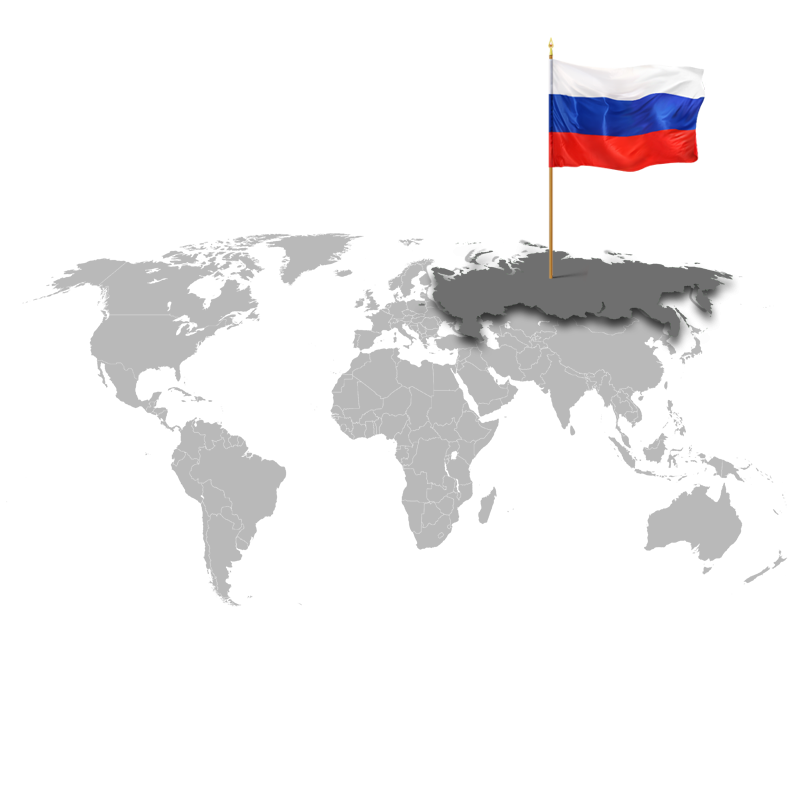
Articles about Law in Russia
Opuere Odu
- July 30, 2022
Tell us more about your problem.
Please give a brief description about what it is you need to talk to our lawyers about ?
Most common legal demands in Russia
Legal Market Overview in Russia
The Russian legal services industry is a US $3.4 billion market with approximately 47,000 law firms registered. Large law firms with more than 100 lawyers constitute only 0.2% of all legal service providers and are primarily located in Moscow and Saint Petersburg. The legal market is heavily centralized, as almost 25% of all law firms that practice in Russia are located either in Moscow or Saint Petersburg.
In short, legal innovation in Russia is currently largely based on online marketplaces, document automation and similar low-tech solutions. Just a few players have adopted blockchain or sophisticated AI for natural language processing as the core for their innovative solutions.
According to Skolkovo Foundation, LegalTech startups in Russia generally do not raise more than US $150,000. However, there are certain exceptions, for instance, Pravoved.ru managed to raise US $2 million and OnlinePatent.ru about US $800,000.
In general, experts highlight the following trends with respect to adoption of the legal technology in Russia:
- Text recognition. Russia differs from many markets in terms of its availability of publicly available and free databases containing legislation and court practice notes. The majority of documents in such systems are in machine-readable format.
- Machine Learning / AI (including chat-bots).
- Cloud Computing is used for document automation, the provision of access to various databases and data rooms and the delivery of web browser-based services.
- Blockchain is primarily used in LegalTech for the verification of documents and data certification. One of the most well-known local startups in this area is “IPChain” – an association for intellectual property use and protection in digital sphere. IPChain is a decentralized network (distributed register) that automatically records all transactions related to IP rights and objects.
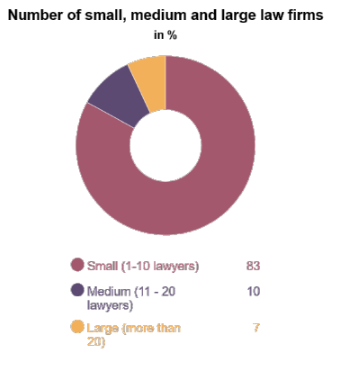
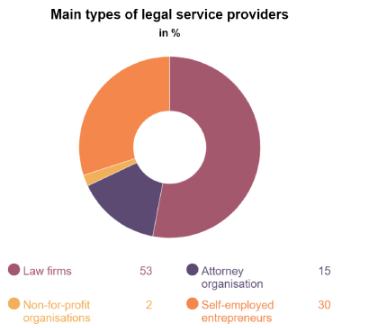
Legal innovation in Russia has certain drivers for development and certain obstacles standing in its way; and both may be explained by the peculiarities of the Russian legal services market., The predominance of small law firms located far from technological centers explains the low penetration of technologies at the moment. However, this can also be a driver for innovation in future, as the demand for efficiency and more affordable technologies may lead to a further adoption of LegalTech solutions. An increasing client demand for cost reduction may also drive law firms to innovation in the most competitive spheres of legal industry. The application of cloud computing and transparent blockchain solutions may be an answer to this challenge.
Finally, the general technological environment is also influencing the education system. Certain universities have started contributing to the changing legal market, primarily with less sophisticated programs.
LegalTech became one of the key areas of the Skolkovo Innovation Center in 2017, along with such universally recognized areas as Fintech and RetailTech. In two years, a pool of experts was formed and a set of LegalTech startups were launched in the Fund’s portfolio, of which some have already attracted investments from Russian and foreign venture funds. Every year, a key event is held in the framework of the direction – Skolkovo LegalTech.
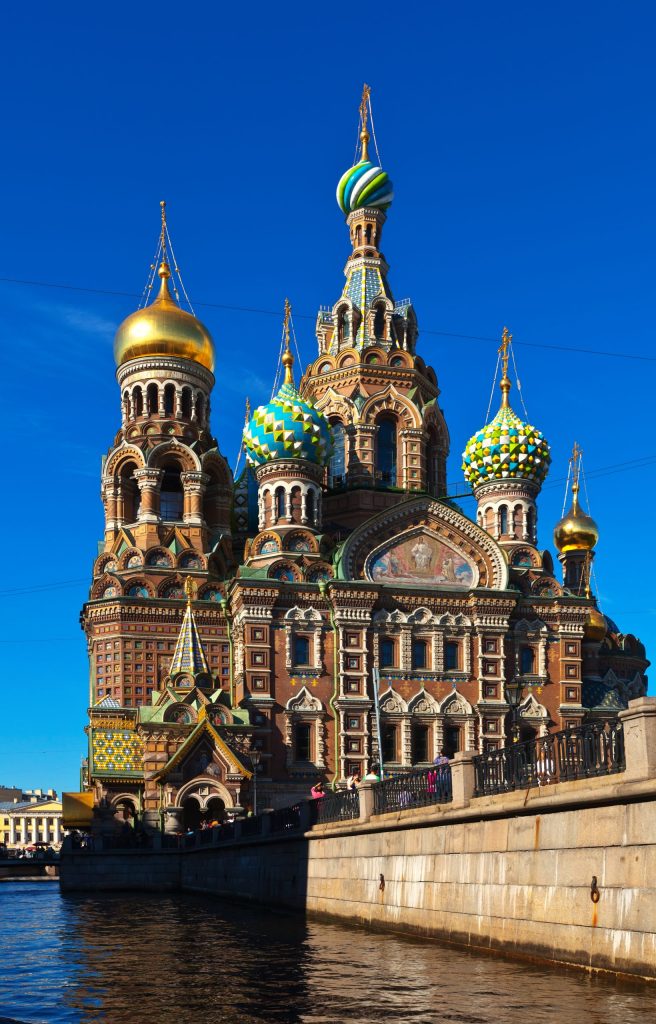
In this area, development paths are examined not only through the new technologies, but also new roles (professions) and new business-models for providing legal services.
The legal profession will not be the same.
Russia’s general rule of law score decreased by less than 2% in 2022’s Index. At 107th place out of 140 countries and jurisdictions worldwide, Russia’s rank decreased by 19 in the global rank in comparison to 2019 (88).
According to World Justice Project Approximately 45% of people surveyed experienced at least one legal problem in the last two years. 30% Were able to access help and 41% Experienced hardship in resolving their legal issue.
While the prevalence and severity of problems vary in Russia, the most common problems relate to the consumer, housing and money and debt. Also, Less than %30 of people in Russia who experienced a legal problem sought any form of advice to help them better understand or resolve their problem, and those who did seek assistance preferred to turn to family members or friends (%62).

Frequently Asked Questions
How will energy security of supply be ensured in Russia?
An exceptional temporary derogation may be granted by national authorities to the prohibition to import seaborne crude oil, if the supply of crude oil by pipeline to a landlocked Member State is interrupted.
The general principles of solidarity and regional cooperation will apply in case of possible disruptions to the supply of oil. The Commission will monitor closely markets and the security of supply of the EU.
What is the scope of the oil restrictions in Russia?
The EU will prohibit the import of seaborne crude oil from Russia, with a transitory period of 6 months for existing contracts and spot transactions to allow global markets to adjust. The EU will also prohibit the import from Russia of refined petroleum products after a transitory period of 8 months for existing contracts and spot transactions. Imports by pipeline remain permitted for the time being.
After a transitory period of 8 months, Member States importing Russian crude and petroleum products via pipeline will not be able to resell these products to other Member States or to third countries. This is in order to ensure a level playing field between Member States.
Due to specific dependencies, Bulgaria, Croatia, and Czechia will benefit from specific derogations for a limited period of time. This will allow them to develop alternative supply routes. After a wind-down period of 6 months, EU operators will be prohibited from insuring and financing the transport, in particular through maritime routes, of Russian oil to third countries. This will make it particularly difficult for Russia to continue exporting its crude oil and oil products to the rest of the world.
What age is legal in Russia?
Under current Russian legislation, the age of majority is 18 years; a child marrying before the age of 18 is considered to be an adult as of the time of marriage (Civil Code)
How can foreigners get married in Russia?
The Civil Law in Russia, and particularly the first part stipulates the formalities for marriages in this country. Getting married in Russia as a foreign citizen requires attention in terms of documents: a valid passport with the Russian visa, proof of marriage dissolution if it is the case, a certificate of no impediment, information about domicile in Russia, plus specific forms are required. All these documents must be presented to the local civil registry named ZAGS.
The formalities that implicate foreigners getting married in Russia can be detailed by our Russian lawyers with experience in this field. All you need to know about the Russian Civil Code can be offered by our specialists.
What is the rationale of imposing sanctions in Russia?
Sanctions are targeted at the Russian economy, the Kremlin, its power base and those involved in Russia’s unprovoked war against Ukraine. They aim to impair the Russian government’s ability to finance its war against Ukraine and are calibrated to target those responsible and to incur high costs on the Kremlin.
Sanctions impose a heavy, direct cost on Russia and impair its economic and financial ability to sustain its war efforts.
In addition, sanctions are designed to maximise the broader negative impact on the Russian economy while limiting the consequences for EU businesses and citizens. We welcome EU companies’ diligence in complying with the complex sanctions framework in place.
Ensuring effective and full implementation of sanctions is key. This is primarily the responsibility of Member States.
In this process, the European Commission is fully committed to assisting both Member States and EU operators in order to ensure consistent and full implementation across the EU.
What are children’s rights in Russia?
Every child shall have the right to live and to be brought up in a family insofar as it is possible, the right to know his parents, the right to enjoy their care and the right to live with them, with the exception of cases when this is contrary to his/her interests
What do Europe and France intend to do following the suspension of Russia’s participation in the grain agreement? Where will you export grain from?
Minister for Europe and Foreign Affairs Catherine Colonna made this statement yesterday: By suspending its participation in the implementation of the agreement that allows Ukrainian grain to be exported via the Black Sea, Russia bears responsibility for worsening the global food crisis caused by its aggression against Ukraine, which primarily affects the most vulnerable countries. That is why France calls on Russia to reverse its decision, comply with the terms of this agreement and renew it when it expires on November 19.
As for the European Union, it will continue its “solidarity lanes” program, which allows for the overland export of Ukrainian grain. Over half of the Ukrainian grain that is needed for global food security has been able to leave Ukraine in this fashion.
What is the impact of the ban on oil, on Russia and the EU?
The impact of the oil ban on Russia will be significant. Around half of its total oil exports go to the EU. In 2021, the EU imported €71 billion worth of crude oil (€48 billion) and refined oil products (€23 billion) from Russia. Losing this leading lucrative market will have a significant structural effect on Russia, whose budget relies substantially on these oil revenues.
As regards the impact on the EU, there are sufficient global supplies which can come onto the market in the medium term. The limited transitions in the Regulation will allow the EU and its partners to secure alternative supply routes in time, and minimise the impact on global markets. However, Member States are particularly dependent on Russian oil, and those most exposed have been granted carefully calibrated derogations. The EU is committed to ending its dependence on Russian fossil fuels as soon as possible.
How is property divided in a divorce in Russia?
Property division in case of divorce in Russia
Russian laws state that properties obtained during marriage whether they are assets or real estate purchases will be divided in case of divorce. Spouses can divide joint property by a mutual agreement that will be certified by a notary
How are sanctions implemented in Russia?
Except if stated otherwise, sanctions are directly applicable from the moment of their publication in the Official Journal of the EU.
It is for the Member States to enforce the sanctions.
It is for economic operators to take the necessary measures for activities prohibited under EU sanctions to cease in practice.
Sanctions include an anti-circumvention clause which prohibits participating knowingly and intentionally in activities that are meant to circumvent the prohibitions.









